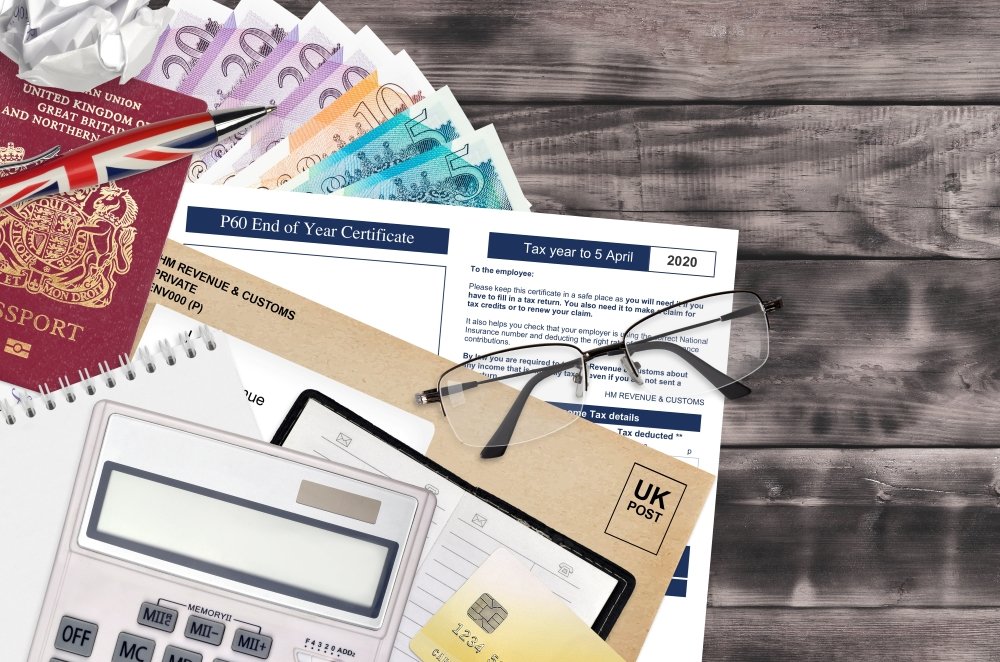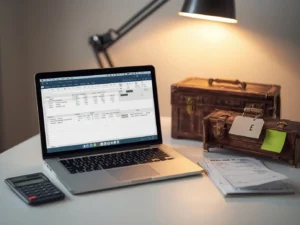It is the time to tie literature for the years from 5th April, so increase the responsibility for changes and tax responsibilities, preparation for enough taxes, and the responsibility of taxes. The financial activities are marked during the year we are doing but placed the following tax obligation. Today, the best days and temporary restrictions in Praita the best will make the changes easier.
Table of Contents
ToggleUnderstanding the UK Tax Year
Britain begins tax submission on April 6 to 5 April 5. The tax year is 2024/25, 6 April 2024, for example, in April 2024 at 5th April at the end of the year is an end to their own work and work according to the Report season and the time for the Research Time.
Dates to Remember
To avoid penalties and ensure compliance, it is vital to be aware of important dates related to the tax year:
| Date | Deadline/Requirement |
| 31 January 2025 | Deadline for online Self Assessment tax return submission for 2023/24. |
| 31 January 2025 | Deadline for paying any tax due for the 2023/24 tax year. |
| 31 January 2025 | The first payment on account for the 2024/25 tax year due. |
| 5 April 2025 | End of the 2024/25 tax year; last chance to claim overpaid taxes from previous years. |
| 6 April 2025 | Start of the 2025/26 tax year; new financial assessments begin. |
| 31 July 2025 | The second payment on the account due for the 2024/25 tax year. |
| 5 October 2025 | Deadline to register for Self Assessment for the 2024/25 tax year. |
| 31 October 2025 | Deadline for paper Self Assessment tax returns submission. |
| 31 January 2026 | Final deadline for online Self Assessment tax return submission for 2024/25. |
Preparing Your Finances
Preparation of Financial Records
You should prepare your tax-related financial records in an organised manner towards the end of the tax year. It follows these lists:
- Income Documentation: Collect all the income statements that including invoices, bank statements, and other receipts that reflect your earnings.
- Expense Tracking: Maintain a detailed record of all the business expenses incurred. This can be through receipts, invoices, or any other supporting document for your claims.
- Tax Allowances and Reliefs: You must be aware of the tax allowances and reliefs that you can claim. These may include capital allowances or expense reliefs.
Using Accounting Software
Make use of accounting packages. Many packages offer self-assessment-specific features and can help with automated calculations, tracking of expenses, and the generation of reports you will require when compiling your tax return.
Filing Your Tax Return
Self-Assessment Process
For self-employed individuals or those with untaxed income, filing a Self Assessment tax return is mandatory:
- Registering for Self Assessment: Ensure you are registered by 5th October 2025 if you are required to file a return.
- Choosing Your Submission Method: You can file online or via paper forms; however, online submissions are generally preferred due to their efficiency.
- Filing Deadlines: Be mindful of deadlines—submit your online return by 31st January 2026 or your paper return by 31st October 2025.
Common Mistakes to Avoid
- Failing to keep accurate records can lead to missed deductions.
- Missing deadlines can incur automatic penalties.
- Not reviewing your return thoroughly before submission may result in errors.
Transitioning into the New Tax Year
As we move into the new tax year starting on 6th April 2025, it’s essential to adjust your financial strategies accordingly:
- Review Financial Goals: Assess your financial goals based on your previous year’s performance and adjust your budget accordingly.
- Update Payroll Information: If you have employees, ensure that payroll records are updated in line with any changes in tax codes or rates.
- Plan Ahead: Consider making advance payments towards your upcoming tax bill if cash flow allows.
Making Tax Digital (MTD)
The UK government’s initiative known as Making Tax Digital (MTD) aims to simplify tax reporting by requiring businesses to maintain digital records and submit returns electronically. As MTD expands beyond VAT-registered businesses, familiarise yourself with its requirements to ensure compliance.
Frequently Asked Questions (FAQs)
What happens if I miss my Self-assessment deadline?
If you miss the deadline, you may incur a £100 fine even if no tax is owed. Additional penalties apply as delays continue.
When can I start filing my next year’s return?
You can begin submitting returns for the previous year starting from 6th April, which marks the beginning of a new tax year.
Should I file my return early?
Filing early can provide numerous benefits: more time to prepare, reduced stress during peak periods, and quicker refunds if applicable.
Conclusion
As we approach the end of the current tax year on 5th April 2025, taking proactive steps in managing your finances will ensure a smoother transition into the new fiscal period. By staying organised, meeting deadlines, and understanding your obligations under UK tax law, you can effectively navigate this critical time without unnecessary stress or penalties.
By preparing now, you’ll set yourself up for success in both personal finance management and compliance with HMRC regulations in the coming years.





